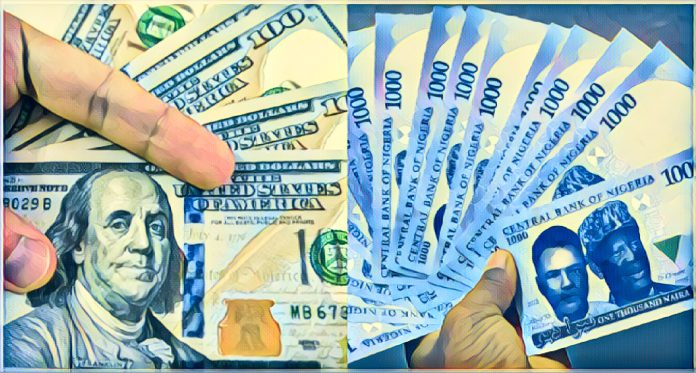The Nigerian naira has hit a record low on the unofficial market as the demand for dollars outstrips the supply from the central bank. According to data compiled by a foreign exchange operator in Lagos, the naira was trading at 970 per dollar on Wednesday, down from 962 on Tuesday and 903 at the beginning of the month. This is a 20% depreciation from the official rate of 776.60 naira per dollar, which is also under pressure.
The naira’s woes are partly due to the central bank’s failure to clear over $10 billion in forex debts owed to banks, manufacturers, and other importers. The debt accumulated after the central bank imposed tight controls on the forex market in 2020 to conserve its dwindling reserves. The central bank promised to settle the debt by September 2023, but it has not fulfilled its commitment, causing a ripple effect across various sectors of the Nigerian economy.
The forex crisis has also been exacerbated by the introduction of a new central bank digital currency (CBDC) called eNaira, launched in February 2023 amid widespread protests. The government hoped that the naira would reduce the demand for dollars and ease the pressure on the naira, but it has had the opposite effect. Many Nigerians have rejected the eNaira, citing concerns over its security, privacy, and usability. Some have even resorted to using cryptocurrencies or other alternative currencies to bypass the government’s restrictions.
The new central bank governor, Olayemi Cardoso, who was appointed last week by President Bola Tinubu, faces the daunting task of stabilizing the naira and restoring confidence in the forex market. Cardoso, a former Citibank executive, has pledged to implement reforms that could eliminate the parallel market premium and attract foreign investors. However, analysts say he will need to address the underlying issues of low oil prices, weak economic growth, and fiscal imbalances that have plagued Nigeria for years.
The naira’s collapse has had a negative impact on the living standards of millions of Nigerians, who rely on imports for most of their goods and services. The inflation rate has soared to over 20%, eroding the purchasing power of consumers and businesses. The poverty rate has also increased to over 50%, making Nigeria one of the poorest countries in the world.
Despite these challenges, some Nigerians remain optimistic that the naira will recover and the economy will bounce back. They point to the resilience of the Nigerian people, who have endured many hardships in the past and have always found ways to adapt and survive. They also hope that the government and the central bank will take decisive actions to address the forex crisis and create a conducive environment for growth and development.
Source: Punch



